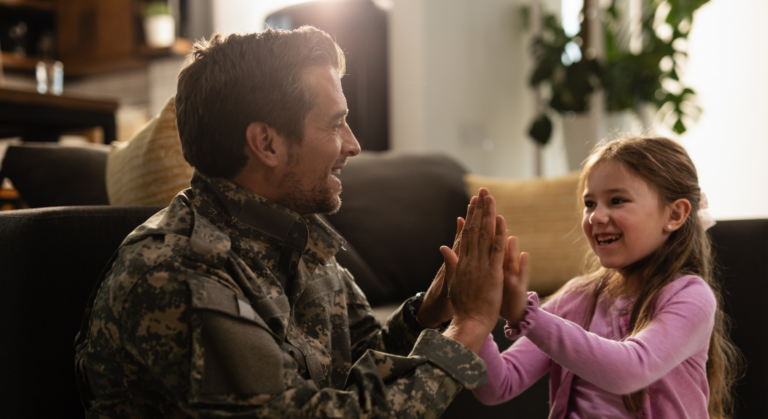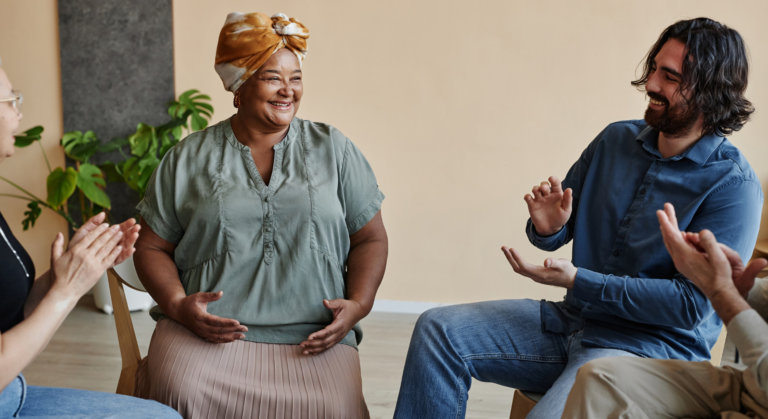Andrew is a visionary change maker in New Zealand’s e-health landscape. As Aotearoa New Zealand’s youngest CEO in the health sector, Andrew solves heath issues by identifying solutions through both a traditional and innovative lens. Throughout his career he has been committed to changing the country’s health system from the inside out, and growing people so they can deliver better health outcomes.
Andrew has been CEO of Whakarongorau Aotearoa (formerly Homecare Medical), a social enterprise providing national telehealth services, since its establishment in 2015. The organisation has grown exponentially in that time from 150 people to today’s workforce of 2,500. Andrew is dedicated to solving inequitable access to health care by creating partnerships in provincial and rural areas to support ethnic communities including Māori and Pasifika, empowering local organisations to provide solutions for the own communities.
Whakarongorau Aotearoa’s 24/7 services operate across seven digital channels including voice, webchat and text, and are supported by clinical teams including more than 200 nurses, paramedics and specialists.





